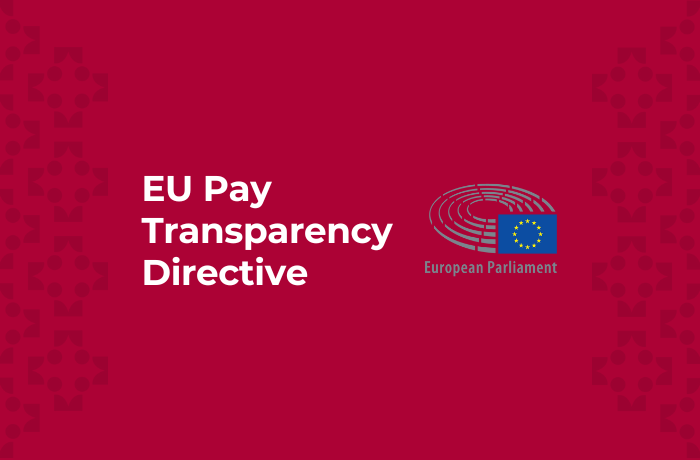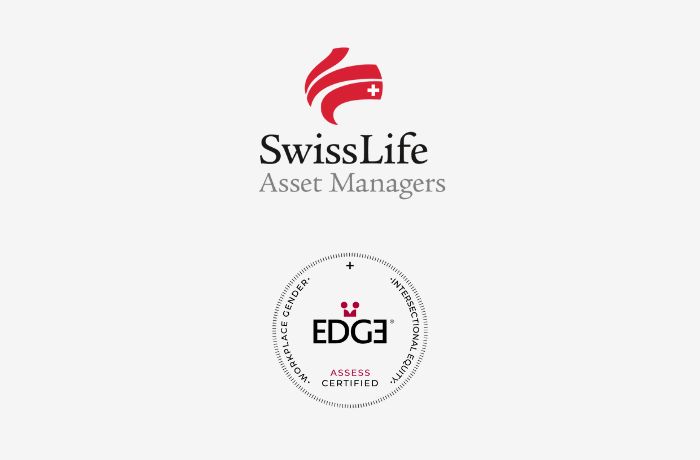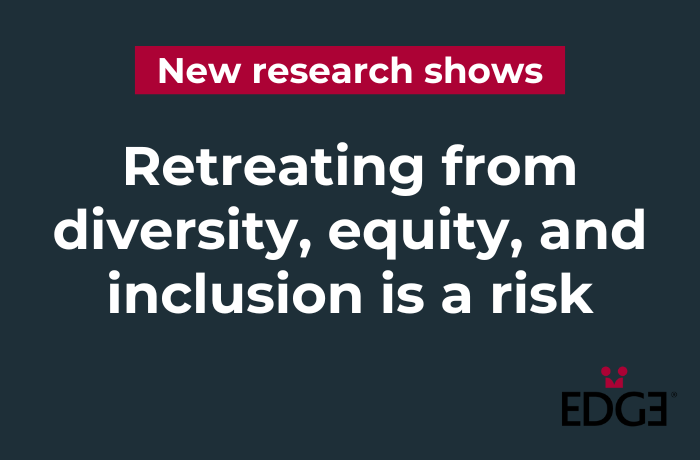As U.S.-based organizations compile data to meet the imminent EEO-1 reporting deadline, we spotlight how EDGE Certification provides reporting organizations with a distinct advantage both during this critical period and setting a strong basis for the future. Offering disaggregated organizational statistics and ensuring data quality and integrity through a third-party audit, EDGE Certification not only facilitates EEO-1 reporting but also advocates a holistic and legally permissible approach to DE&I for organizations aspiring to go beyond the minimum regulatory requirements. Whether navigating the current EEO-1 reporting cycle or contemplating certification, we explore how EDGE Certification empowers your organizations’ journey towards fostering greater DE&I in the workplace.
What is an EEO-1 and What are EEO-1 Reports Used For?
An EEO-1, which stands for Equal Employment Opportunity-1, is a reporting tool that aims to promote workplace diversity and equal opportunities in the U.S. EEO-1 reports align with the anti-discrimination mandate outlined in Title VII of the Civil Rights Act of 1964, prohibiting discrimination in employment based on race, national origin, sex, and religion. Employers with more than 100 employees must submit an EEO-1 report to the Equal Employment Opportunity Commission (EEOC). The EEOC oversees the enforcement of Title VII and receives the annual data submission from employers. The EEOC collects data solely on race or ethnicity, and sex.
EEO-1 reports provide a glimpse into the composition of the workforce at a specific point in time, categorizing employee data by: race or ethnicity; sex; and job categories. EEO-1 reporting focuses the attention of U.S. employers on the demographics of their workplaces, thus facilitating discussions on diversity and equal opportunity within the workplace.
With the deadline to file the 2022 EEO-1 Component 1 report(s) approaching—Tuesday, December 5, 2023— EDGE Certified organizations hold a significant advantage. Leveraging their EDGE Assessment as a foundation that can facilitate EEO-1 Component 1 data collection, these organizations have a head start in meeting reporting requirements.
EEO-1 Reporting Categories and EDGE / EDGEplus Data
Essential categories for EEO-1 Component 1 data collection correspond with comprehensive data and information needed for EDGE Certification, showcasing an alignment between EEO-1 reporting requirements and the rigorous standards set for EDGE Certification.
EEO-1 Sex Categories
The EEO-1 Component 1 data collection currently provides only binary options (i.e., male or female) for reporting employee counts by sex, job category, and race or ethnicity. As of 2022, the EEOC introduced measures to recognize and include non-binary gender identities with the inclusion of an ‘X’ gender marker for non-binary individuals as part of the voluntary self-identification process.
EEO-1 Race or Ethnicity Categories
The EEOC’s race or ethnicity categories include:
- Hispanic or Latino
- White
- Black or African American
- Native Hawaiian or Other Pacific Islander
- Asian
- American Indian or Alaska Native
- Two or More Races
These categories form a framework for U.S. organizations to begin to categorize their workforce, ensuring a detailed representation.
EDGE and EDGEplus Data
The EDGE (gender-binary) Assessment Methodology and Certification evaluate gender equity within organizations, considering women and men as two distinct groups. To achieve EDGE (gender-binary) Certification, organizations need to provide quantitative data and qualitative information from three distinct sources, reflecting their strategies, implementation, and employee perceptions of gender equity. One of these sources is organizational statistics disaggregated by gender as well as by level of responsibility and job type.
EDGEplus Certification enhances this gender-binary framework by allowing organizations to delve deeper and more broadly into their data, offering the ability to analyze the intersectionality of gender and other diversity dimensions. This expansion includes the EEO-1 relevant dimensions of non-binary gender identity and race or ethnicity. Therefore, EDGEplus Certified organizations are strategically and effectively positioned for EEO-1 reporting, possessing readily available and validated organizational statistics that are disaggregated by gender and relevant intersectional dimensions. This not only facilitates a nuanced understanding of factors influencing specific outcomes within the organization, such as recruitment practices, equal pay, and career development, but can also help to streamline the EEO-1 reporting process.
EDGEplus Certification can provide insights into additional dimensions of diversity including LGBTQ+, nationality, age, and disability. This broader perspective can help to position EDGEplus Certified organizations optimally for gaining deeper insights into diverse workforces, comprehensive reporting, and transparent communication of their DE&I efforts.
How EDGE Certification Can Help With EEO-1 Reporting
Navigating the intricate landscape of EEO-1 compliance can present unique challenges for organizations in the U.S. striving to uphold equal opportunity standards. Reporting on DE&I data, particularly meeting the requirements of the EEO-1, demands attention to detail, data accuracy, and an understanding of evolving definitions in the realm of diversity.
Within the complexities of EEO-1 reporting, organizations in the U.S. can leverage EDGE Certification to streamline their EEO-1 filing process.
Streamlined EEO-1 Reporting: EDGE Certified organizations can leverage the data collected and submitted as part of their certification process. This data, which encompasses information on representation, pay equity, effectiveness of policies and practices, and inclusiveness of organizational culture, is meticulously gathered and analyzed through the EDGE Assessment Methodology.
Quality and Accuracy of Data: EDGE Certification can provide organizations with a layer of assurance. Organizations, by leveraging EDGE Empower® for data collection, significantly reduce the risk of inadvertently filing incorrect information, as the data has been independently verified by third-party auditors. The EDGE Certification process can help to enhance the accuracy and reliability of the information reported, reducing the risk of non-compliance, and minimizing the reporting workload.
Holistic DE&I Measurement: Beyond merely meeting EEO-1 requirements, EDGE Certification offers a comprehensive and legally permissible DE&I framework. The EDGE and EDGEplus Certifications provide organizations with a nuanced understanding of where they are on their DE&I journey as well as actions for employers to improve workplace DE&I, offering a holistic approach to DE&I measurement.
Aligning with a push for openness in DE&I information, EDGE Certification is a great way for organizations to transparently communicate their DE&I journey. Recognizing and rewarding an organization’s commitment to, progress on, or success in workplace gender and intersectional equity, EDGE Certification empowers organizations to confidently showcase their commitments and progress in a legally permissible way. Backed by measurable evidence and robust standards of performance, and independently verified by a third-party auditor, EDGE Certification enables organizations to effectively articulate their dedication and commitment to workplace equity.





